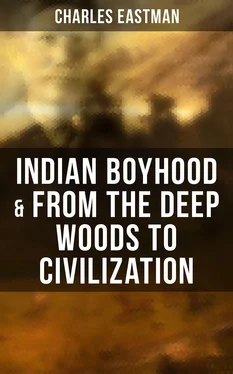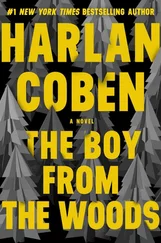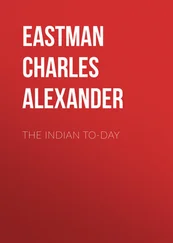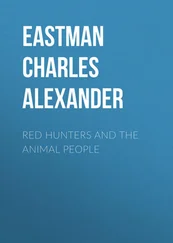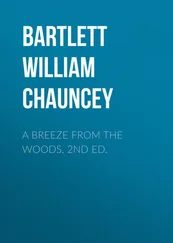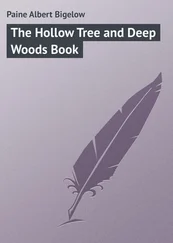The summer after the “Minnesota massacre,” General Sibley pursued our people across this river. Now the Missouri is considered one of the most treacherous rivers in the world. Even a good modern boat is not safe upon its uncertain current. We were forced to cross in buffalo-skin boats—as round as tubs!
The Washechu (white men) were coming in great numbers with their big guns, and while most of our men were fighting them to gain time, the women and the old men made and equipped the temporary boats, braced with ribs of willow. Some of these were towed by two or three women or men swimming in the water and some by ponies. It was not an easy matter to keep them right side up, with their helpless freight of little children and such goods as we possessed.
In our flight, we little folks were strapped in the saddles or held in front of an older person, and in the long night marches to get away from the soldiers, we suffered from loss of sleep and insufficient food. Our meals were eaten hastily, and sometimes in the saddle. Water was not always to be found. The people carried it with them in bags formed of tripe or the dried pericardium of animals.
Now we were compelled to trespass upon the country of hostile tribes and were harassed by them almost daily and nightly. Only the strictest vigilance saved us.
One day we met with another enemy near the British lines. It was a prairie fire. We were surrounded. Another fire was quickly made, which saved our lives.
One of the most thrilling experiences of the following winter was a blizzard, which overtook us in our wanderings. Here and there, a family lay down in the snow, selecting a place where it was not likely to drift much. For a day and a night we lay under the snow. Uncle stuck a long pole beside us to tell us when the storm was over. We had plenty of buffalo robes and the snow kept us warm, but we found it heavy. After a time, it became packed and hollowed out around our bodies, so that we were as comfortable as one can be under those circumstances.
The next day the storm ceased, and we discovered a large herd of buffaloes almost upon us. We dug our way out, shot some of the buffaloes, made a fire and enjoyed a good dinner.
I was now an exile as well as motherless; yet I was not unhappy. Our wanderings from place to place afforded us many pleasant experiences and quite as many hardships and misfortunes. There were times of plenty and times of scarcity, and we had several narrow escapes from death. In savage life, the early spring is the most trying time and almost all the famines occurred at this period of the year.
The Indians are a patient and a clannish people; their love for one another is stronger than that of any civilized people I know. If this were not so, I believe there would have been tribes of cannibals among them. White people have been known to kill and eat their companions in preference to starving; but Indians—never!
In times of famine, the adults often denied themselves in order to make the food last as long as possible for the children, who were not able to bear hunger as well as the old. As a people, they can live without food much longer than any other nation.
I once passed through one of these hard springs when we had nothing to eat for several days. I well remember the six small birds which constituted the breakfast for six families one morning; and then we had no dinner or supper to follow! What a relief that was to me—although I had only a small wing of a small bird for my share! Soon after this, we came into a region where buffaloes were plenty, and hunger and scarcity were forgotten.
Such was the Indian’s wild life! When game was to be had and the sun shone, they easily forgot the bitter experiences of the winter before. Little preparation was made for the future. They are children of Nature, and occasionally she whips them with the lashes of experience, yet they are forgetful and careless. Much of their suffering might have been prevented by a little calculation.
During the summer, when Nature is at her best, and provides abundantly for the savage, it seems to me that no life is happier than his! Food is free—lodging free—everything free! All were alike rich in the summer, and, again, all were alike poor in the winter and early spring. However, their diseases were fewer and not so destructive as now, and the Indian’s health was generally good. The Indian boy enjoyed such a life as almost all boys dream of and would choose for themselves if they were permitted to do so.
The raids made upon our people by other tribes were frequent, and we had to be constantly on the watch. I remember at one time a night attack was made upon our camp and all our ponies stampeded. Only a few of them were recovered, and our journeys after this misfortune were effected mostly by means of the dog-travaux.
The second winter after the massacre, my father and my two older brothers, with several others, were betrayed by a half-breed at Winnipeg to the United States authorities. As I was then living with my uncle in another part of the country, I became separated from them for ten years. During all this time we believed that they had been killed by the whites, and I was taught that I must avenge their deaths as soon as I was able to go upon the war-path.
I must say a word in regard to the character of this uncle, my father’s brother, who was my adviser and teacher for many years. He was a man about six feet two inches in height, very erect and broad-shouldered. He was known at that time as one of the best hunters and bravest warriors among the Sioux in British America, where he still lives, for to this day we have failed to persuade him to return to the United States.
He is a typical Indian—not handsome, but truthful and brave. He had a few simple principles from which he hardly ever departed. Some of these I shall describe when I speak of my early training.
It is wonderful that any children grew up through all the exposures and hardships that we suffered in those days! The frail teepee pitched anywhere, in the winter as well as in the summer, was all the protection that we had against cold and storms. I can recall times when we were snowed in and it was very difficult to get fuel. We were once three days without much fire and all of this time it stormed violently. There seemed to be no special anxiety on the part of our people; they rather looked upon all this as a matter of course, knowing that the storm would cease when the time came.
I could once endure as much cold and hunger as any of them; but now if I miss one meal or accidentally wet my feet, I feel it as much as if I had never lived in the manner I have described, when it was a matter of course to get myself soaking wet many a time. Even if there was plenty to eat, it was thought better for us to practice fasting sometimes; and hard exercise was kept up continually, both for the sake of health and to prepare the body for the extraordinary exertions that it might, at any moment, be required to undergo. In my own remembrance, my uncle used often to bring home a deer on his shoulder. The distance was sometimes considerable; yet he did not consider it any sort of a feat.
The usual custom with us was to eat only two meals a day and these were served at each end of the day. This rule was not invariable, however, for if there should be any callers, it was Indian etiquette to offer either tobacco or food, or both. The rule of two meals a day was more closely observed by the men—especially the younger men—than by the women and children. This was when the Indians recognized that a true manhood, one of physical activity and endurance, depends upon dieting and regular exercise. No such system is practised by the reservation Indians of to-day.
III. My Indian Grandmother
Table of Contents
Читать дальше
